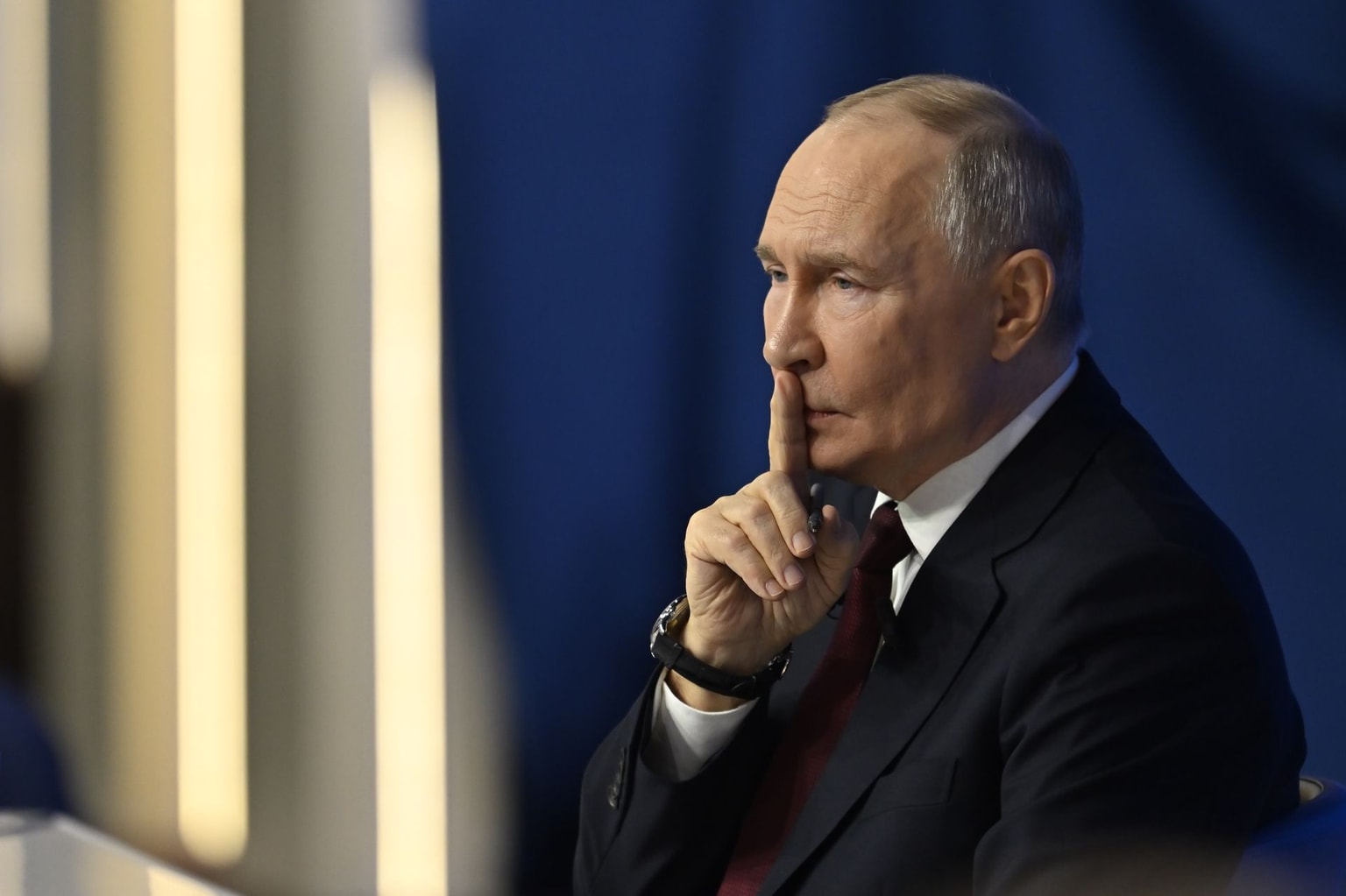US deploys fresh sanctions on entities trading Russian oil

The Office of Foreign Assets Control on Dec. 1 imposed fresh sanctions on three transnational entities involved in violating the Treasury Department’s price cap on Russian oil sales.
“Enforcement of the price cap on Russian oil is a top priority for the United States and our Coalition partners,” said Treasury official Wally Adeyemo.
Washington leads an international coalition of countries dubbed the Price Cap Coalition, a group of advanced economies which have agreed to prohibit the import of crude oil and petroleum products of Russian origin.
“By targeting these companies and their ships, we are upholding the dual goals of the price cap by restricting Russia’s profits from oil while promoting stable global energy markets.”
The price cap scheme was first enacted in Dec. 2022 with a cap on Russian crude oil at $60 per barrel.
Critics have said Washington’s strategy is failing because Russia has found alternatives to refiners, shippers, and other intermediaries which have skillfully evaded the price cap by obscuring the real price of oil trades and filing falsified paperwork.
Since mid-July, Russian Urals crude has consistently traded above the price cap of $60 per barrel.
But in a tight energy market, tougher sanctions enforcement can lead to unintended consequences as the Middle East conflict presents uncertainty for global trade.









